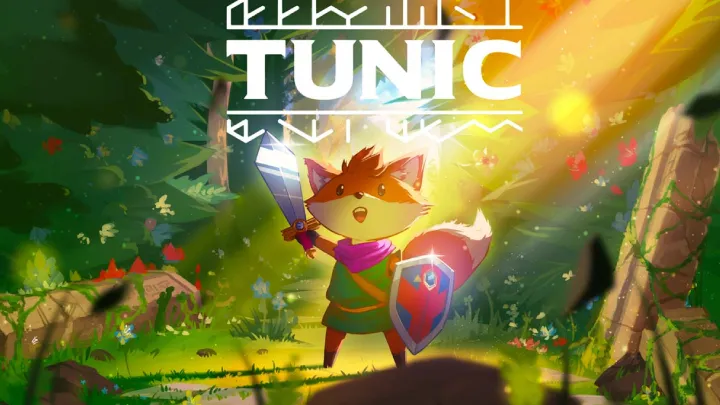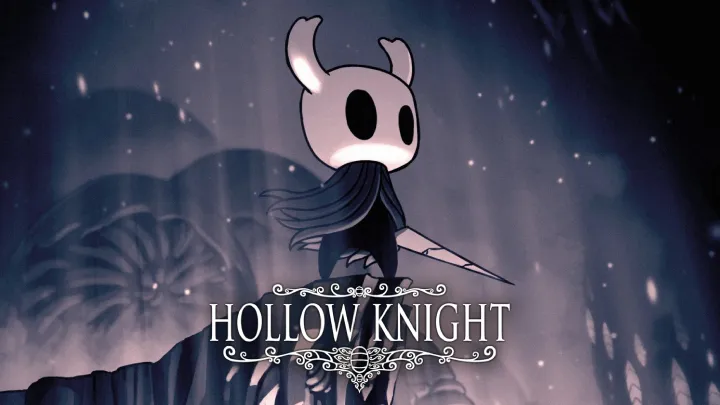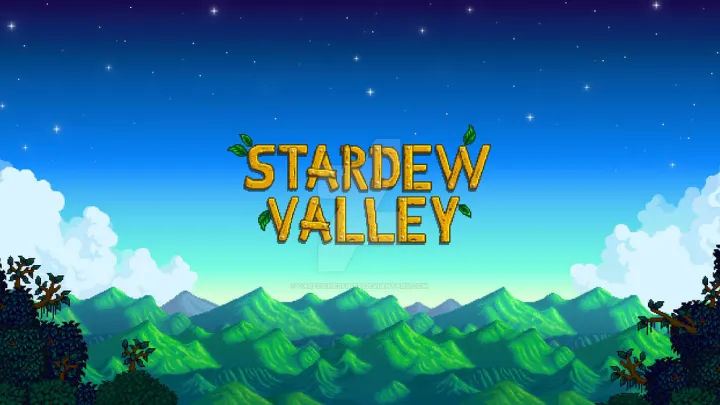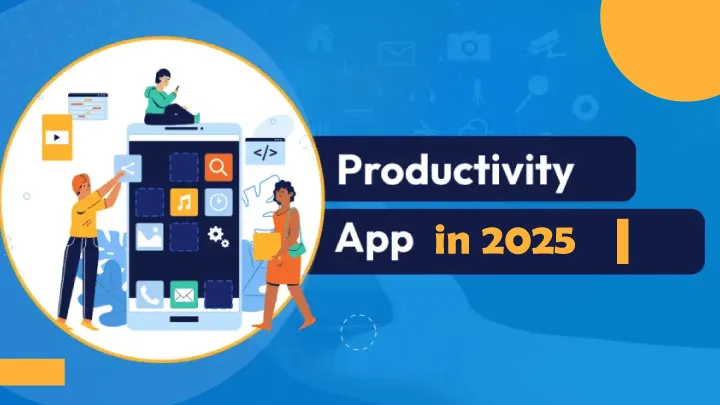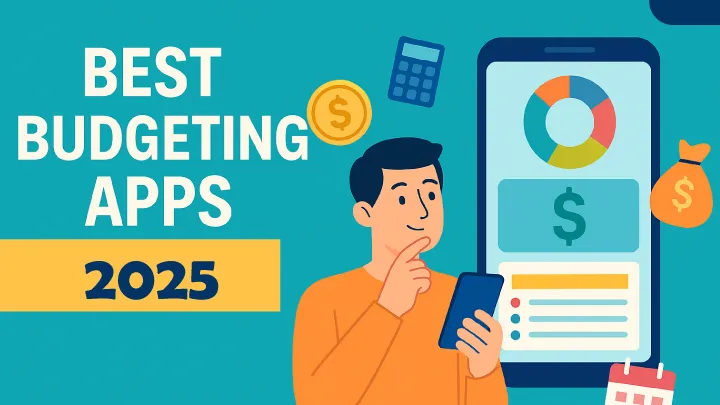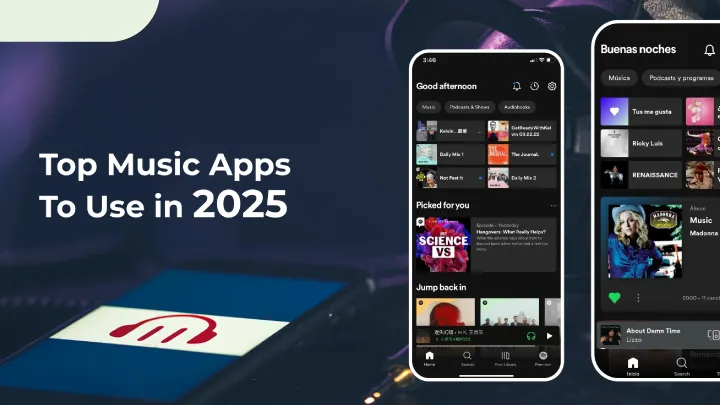Music has always been at the core of human expression, but in 2025, the way we listen, create, and share sound has changed dramatically. Gone are the days when streaming platforms were simply about access to songs. Today, music and audio apps combine artificial intelligence, immersive soundscapes, personalized curation, and even collaborative creation tools to transform entertainment into something more interactive and deeply personal.
This article explores the Top 10 Music and Audio Apps in 2025 that are revolutionizing how we consume and experience sound. From AI-driven playlists to virtual concerts, these apps are setting new standards for the global music industry.
1. Spotify – From Streaming Giant to Audio Ecosystem
Spotify remains the undisputed leader in the audio space, but by 2025, it is far more than a streaming platform. It has evolved into a global entertainment hub that combines music, podcasts, audiobooks, and live events.
Features and Evolution
Spotify’s AI DJ feature has advanced, creating playlists that adapt to mood, weather, and even biometric feedback from wearable devices. Its real-time translation for podcasts allows users to enjoy content in their native language, no matter the origin.
Why It Stands Out
What sets Spotify apart is its ability to merge personalization with discovery. Users don’t just consume music—they are guided on a journey through sounds they didn’t even know they loved.
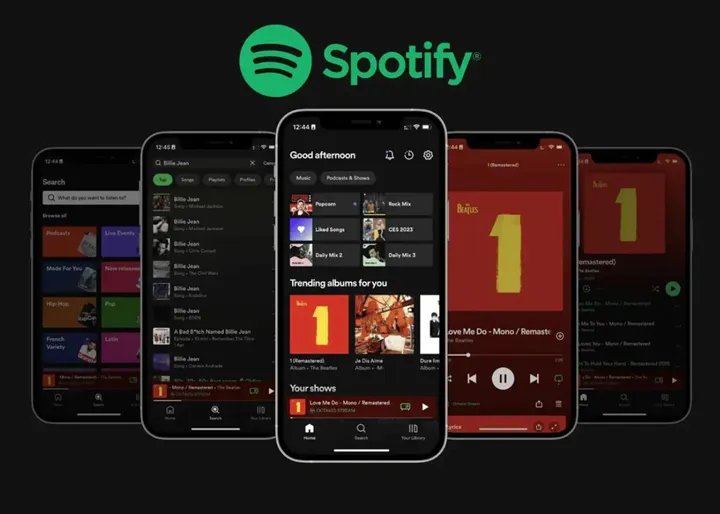
2. Apple Music – Redefining Audio Quality
Apple Music has always leaned into high-quality sound, but in 2025 it positions itself as the home of lossless and spatial audio. Apple’s ecosystem advantage means it connects seamlessly across iPhones, iPads, Macs, and even cars.
Technological Edge
With the introduction of adaptive spatial audio, Apple Music automatically adjusts mixes based on the user’s environment—whether through AirPods or home speakers. This creates a truly cinematic listening experience.
User Experience
Its tight integration with Siri and AI curation provides a hands-free, personalized journey. Apple Music in 2025 emphasizes quality over quantity, aiming to give each listener a premium soundscape.
3. YouTube Music – The Visual-Audio Hybrid
By 2025, YouTube Music has fully embraced its identity as the visual companion to sound. Unlike other apps, it merges video and audio into one seamless entertainment flow.
Unique Positioning
Users can instantly switch between audio-only and music video modes, making it perfect for those who enjoy the storytelling aspect of music. Integration with YouTube Shorts also allows micro-performances and exclusive behind-the-scenes content from artists.
Global Reach
YouTube Music thrives because of its unmatched global library. Emerging artists in remote regions can gain the same visibility as mainstream stars, making it a democratized platform for discovery.
4. Tidal – The Audiophile’s Choice
Tidal’s focus on sound quality has made it a cult favorite, and in 2025 it pushes boundaries further with master-quality authenticated (MQA) tracks and personalized artist experiences.
Artist-First Platform
Tidal continues to support musicians by offering higher royalties compared to competitors. In 2025, it also introduces NFT-based fan memberships, giving superfans exclusive access to unreleased tracks and virtual meet-ups.
Listener Benefits
For those who care about fidelity, Tidal remains unmatched. Combined with hi-res streaming and immersive sound, it has become the go-to platform for music purists.
5. SoundCloud – Independent Creativity at Scale
SoundCloud’s strength lies in empowering independent musicians. In 2025, it has transformed into a creator-first ecosystem, merging distribution, promotion, and monetization.
The 2025 Advantage
Its AI tools help artists master and optimize tracks instantly. Community features allow listeners to directly support their favorite indie creators, fostering closer artist-fan connections.
Why It Matters
SoundCloud thrives as a playground for new sounds. Many global trends, from underground rap to experimental EDM, continue to emerge here before hitting the mainstream.
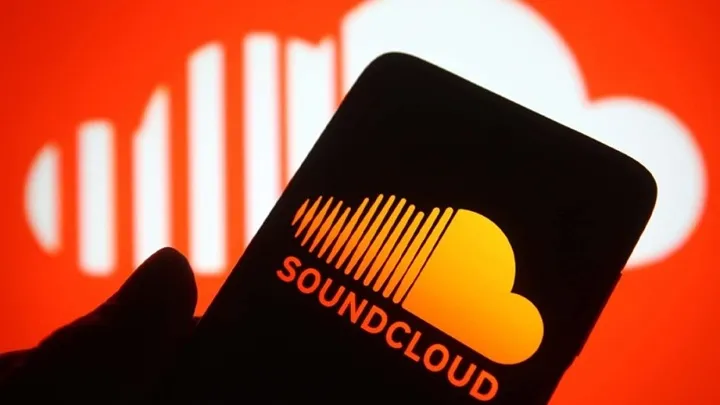
6. Bandcamp – Supporting Artists Directly
Bandcamp’s philosophy has always been about fair pay, and by 2025 it remains the platform where artists retain the most control.
Features That Stand Out
Bandcamp Live now hosts intimate virtual concerts where fans can pay directly to attend. Merch integration and limited vinyl releases keep it appealing for collectors.
Cultural Relevance
What makes Bandcamp essential is its cultural credibility. It is not just an app but a community that values artistry over algorithms, making it beloved among niche and underground scenes.
7. Audible Music – The Audiobook Giant Expands
Audible, long known for audiobooks, has entered the music space in 2025 with a unique angle: storytelling-driven music.
A Different Take on Sound
It integrates audio dramas, soundscapes, and artist-narrated albums, creating a hybrid of book and song. For those who enjoy narrative depth with their music, Audible Music is unlike any other app.
Market Impact
By merging its audiobook library with music catalogs, Audible introduces a new category: “musical storytelling.” It’s especially appealing for listeners seeking relaxation or immersive long-form audio.
8. Calm Sound – The Rise of Relaxation Music
Calm, originally a meditation app, has expanded into a full-fledged relaxation music service in 2025.
Content Evolution
It now offers ambient albums, AI-generated soundscapes, and sleep-optimized playlists. These features make it a daily companion for mental health and stress relief.
Why People Use It
In an age of overstimulation, Calm Sound thrives as an antidote. Its niche focus on well-being distinguishes it from mainstream apps, catering to people who value peace over playlists.
9. Deezer – Personalized AI Music
Deezer has quietly grown into one of the most innovative platforms by leaning heavily into AI personalization.
Flow 2.0
Its “Flow” feature, an endless stream of curated tracks, is now powered by next-gen AI that understands micro-preferences. For example, it can shift a playlist based on the time of day, energy level, or emotional state.
Global Edge
With partnerships across multiple countries, Deezer caters to regional tastes better than most apps. In 2025, it remains a top contender for listeners who crave cultural variety.
10. VR Concerts App – The Future of Music Experiences
Perhaps the most groundbreaking innovation of 2025 is the VR Concert App, a platform dedicated to hosting live virtual concerts.
Immersive Features
Listeners can attend concerts from home using VR headsets, interacting with other fans in digital arenas. Artists can create fantastical performances that break the limits of physical venues.
Long-Term Potential
VR concerts are not a replacement for live shows but a complement, offering accessibility to global audiences. This app represents the future of collective entertainment, blending music, gaming, and social connection.
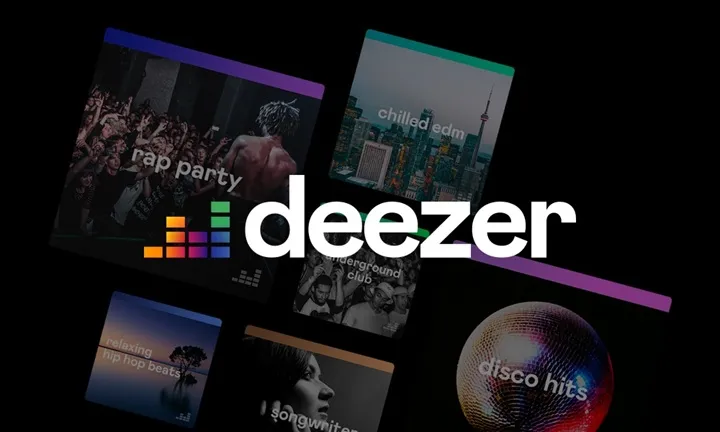
Conclusion
By 2025, music and audio apps are no longer just about streaming songs. They are ecosystems of creativity, community, and personalization. Spotify and Apple Music dominate with global reach and technical excellence. YouTube Music bridges visuals and sound, while Tidal, SoundCloud, and Bandcamp empower artists and niche communities. Calm Sound and Audible explore audio’s healing and storytelling dimensions. Deezer personalizes with AI, and VR concerts open an entirely new frontier.
Entertainment is being redefined—not by passive listening but through interactive, immersive, and deeply personal experiences. Music has always been about connection, and in 2025, these apps are ensuring that connection is stronger than ever.


